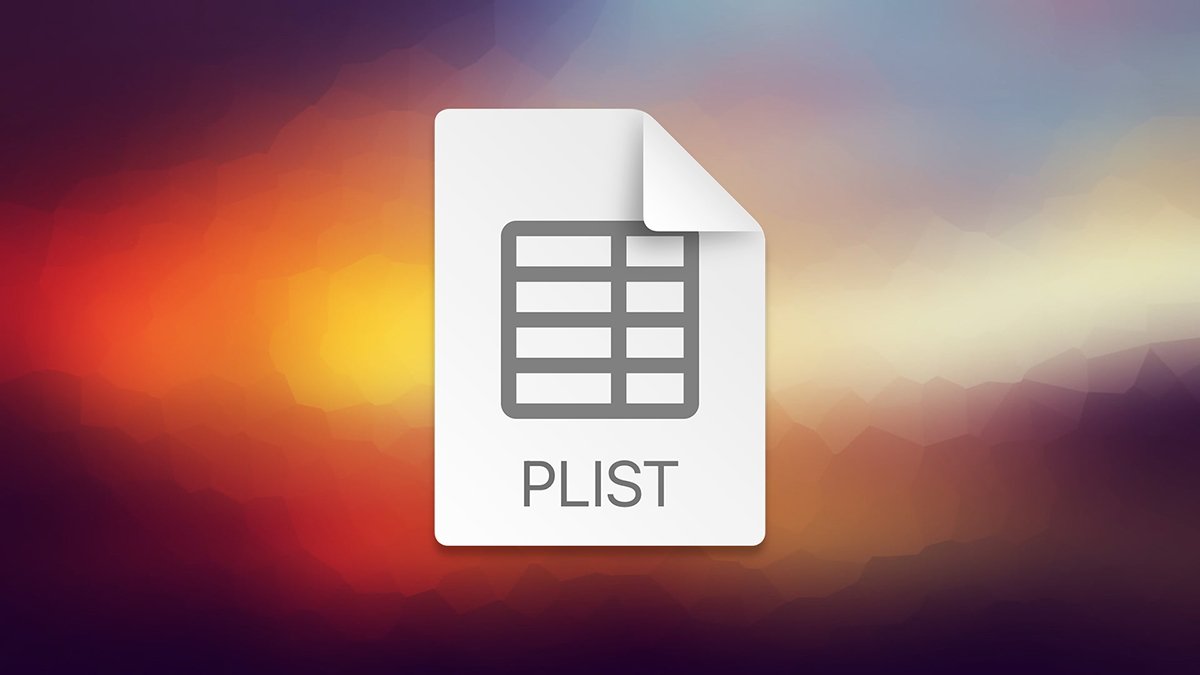The Roman Rural Settlement Project in 2016, and other methodological studies (including the Review of the Standard of Reporting on Archaeological Artefacts in England report) have identified problems with re-using the data collected by archaeologica investigations from grey literature...
The Roman Rural Settlement Project in 2016, and other methodological studies (including the Review of the Standard of Reporting on Archaeological Artefacts in England report) have identified problems with re-using the data collected by archaeologica investigations from grey literature reports. Interim results from the Historic England funded Digventures/CIfA ‘Digital standards for archaeology’ project’s Dig Digital Survey suggest only 12% of respondents have completed metadata tables.This workshop poses the question: if metadata is a barrier to deposition, can we solve this by creating a minimum standard for investigation datasets and metadata templates for sectoral use? Can we make our data ‘FAIR’ – Findable, Accessible,Interoperable and Reusable? https://www.go-fair.org/fair-principles/High quality metadata are essential to ensuring your digital legacy. It is not only key to their long-term preservation but vital to enabling future knowledge creation and maximising the public benefit and social value. Building on the recommendations and the collaborative approach taken during the ‘Write Here! Write Now!’ at CIfA 2018 Annual Conference this workshop will look to set the minimum standards for what you should record in data tables for: Site subdivisions, Contexts, Photos, Drawings, Samples taken, and Specialist finds (artefact and ecofacts). We will then turn these into exemplar metadata templates and data tables. We have designed this as a workshop to deliver real-world outcomes. We hope that it will provide an opportunity for active engagement; to accomplish this we will be encouraging the active participation of everyone in attendance. With that in mind, if you have a recording manual, data or metadata that you would like to bring along please do. We are especially interested in the views of both data creators and re-users from commercial and academic backgrounds at all levels of experience. This workshop is for anyone who creates or manages data (which we all do). So whether you are an experienced metadata creator,a beginner starting out, drowning in someone else’s data, are running scared from the task of creating your metadata or just wondering ‘what’s metadata, this workshop is for you.
Organisers: Hugh Corley, Claire Tsang and Edmund Lee, Historic England
Introduction to Metadata Templates
Claire Tsang (Historic England)
Work Digital / Think Archive
Manda Forster (Dig Ventures)
‘But it’s not FAIR!’ Making data findable, accessible, interoperable and reusable
Edmund Lee (Historic England)












